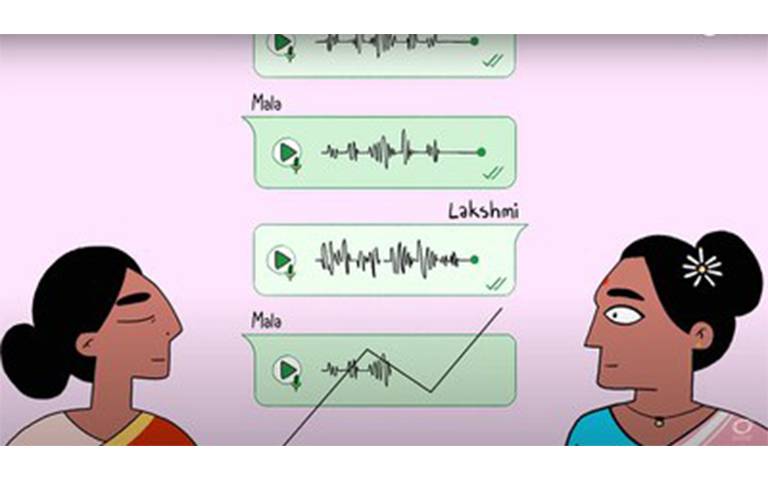Animating the gendered impacts of the COVID19 lockdown in India
2 April 2021
Ayona Datta leading AHRC project

In March 2020, the Indian Government imposed a Covid-19 lockdown that within six hours shut down all schools, businesses, offices, shops, travel and all forms of public life. The lockdown particularly affected working people, and especially young and old women, girls and boys, cis-gender and LGBTQIA groups.
Research led by Professor Ayona Datta, supported by the UK Arts and Humanities Research Council (AHRC), on ‘Gendering the Smart City’ examines how digital infrastructures form the basis of the Indian State’s ‘technological solutionism’ towards Covid-19, thus obscuring the social, cultural and political impacts of the impoverishment of the poor during the lockdown.
The research nevertheless also shows how civil society has stepped in to address such official ‘technological redlining’ and the knock-on effects of the lockdown on subsistence support to the urban poor and their families.
In a short animation based on the research, the impacts of Covid-19 in India are presented through the eyes of Mala and Lakshmi – two friends in Bengaluru who care for each other through voice notes during the lockdown.
Mala is a domestic worker and a single mother, while Lakshmi is a transgender activist. Chinnu, Mala’s daughter, also makes a special appearance. Their conversations give a glimpse of the new challenges that marginalised communities have had to confront while adjusting to the ‘new normal’.
Their fears, anxieties, frustrations and hopes form the ‘Covid-scapes’ of the present that may already have locked them out of equitable futures. Enduring intergenerational and intersectional care across public and private spaces nevertheless shows how it may be possible to build better post-Covid futures. This will not be through increasing technology use, but by promoting care, support and solidarity with the urban poor.
Animation is by Sabari Venu and Preetham Gunalam. The project co-investigator, with Ayona, was Dr Padmini Ray Murray, founder of Design Beku, a feminist collective that endeavours to place the ethics of care at the heart of digital and design practice. Special Thanks to Solidarity Foundation, Bengaluru.
 Close
Close

